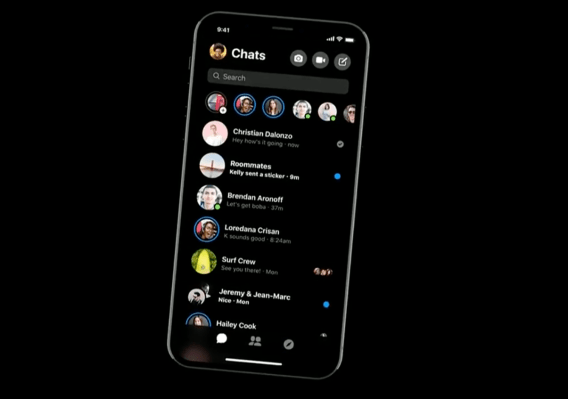

Facebook today unveiled Coronavirus Community Hub on Messenger that offers tips, authoritative information and other resources to help people stay connected and informed about the coronavirus outbreak, weeks after launching a similar information hub on WhatsApp, its other messaging service.
The launch of the coronavirus hub on Messenger, used by more than a billion people, comes at a time when users are engaging with the instant messaging and voice calling more often than they have ever before, the company said.
“Around the world, we’ve seen significant increases in people using Messenger for group calls to stay in touch with their loved ones. Globally, 70% more people are participating in group video calls and time spent on group video calls has doubled,” wrote Stan Chudnovsky, VP of Messenger.

The community hub for Messenger users is the latest effort from the social conglomerate, used by more than 2.7 billion users, to help fight the global pandemic.
In recent weeks, Facebook has stepped up to help governments and agencies with free developer tools for Messenger to combat COVID-19, and introduced an info centre atop of the news feed to prominently showcase reliable information.
Additionally, the company is also working with nonprofit organizations such as the WHO to build helplines, and has committed to donate millions of dollars. The World Health Organization’s helpline on WhatsApp has already reached more than 10 million users, days after its launch.
But the vast reach of Facebook has also attracted scammers. “Unfortunately, scammers may try to take advantage of people’s vulnerability and generosity during this time. We take your safety seriously and continue to take aggressive steps to remove fake accounts and catch scammers before they reach you,” wrote Chudnovsky.
The hub on Messenger will additionally also recommend activities such as scheduling a virtual play date for parents to engage with their kids’ friends, Chudnovsky wrote.
“For local community leaders, this could mean organizing group video chats or text groups to support each other when we can’t physically be together,” he added.


